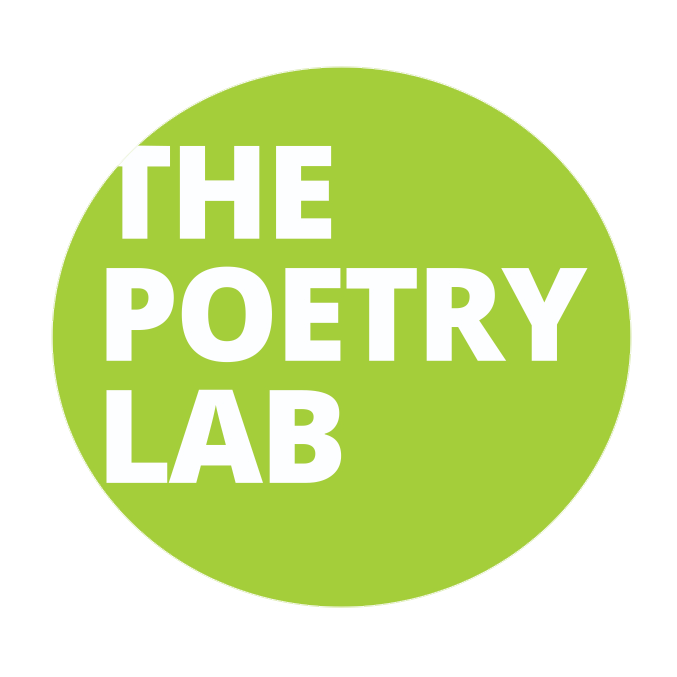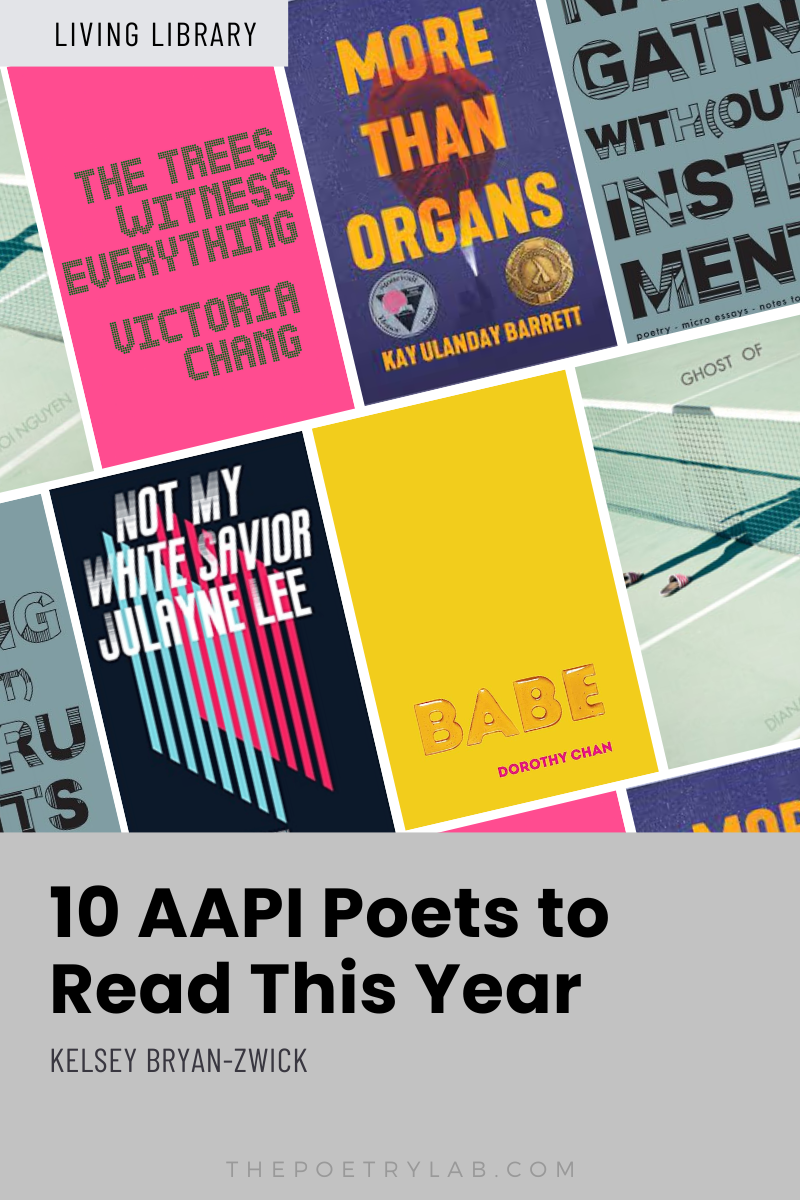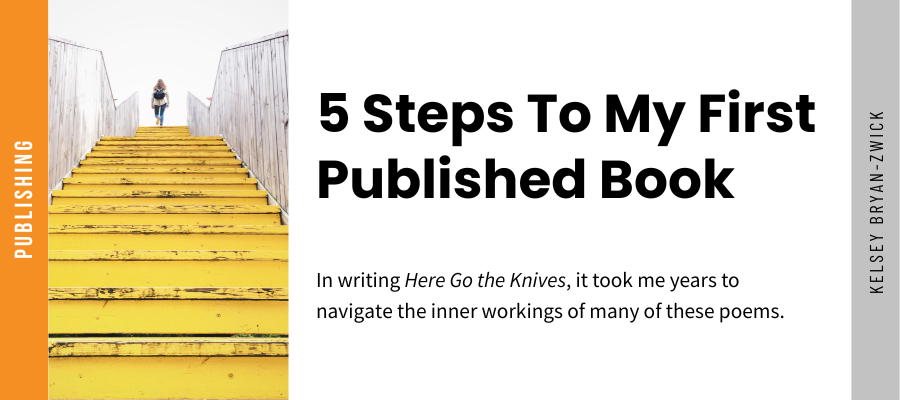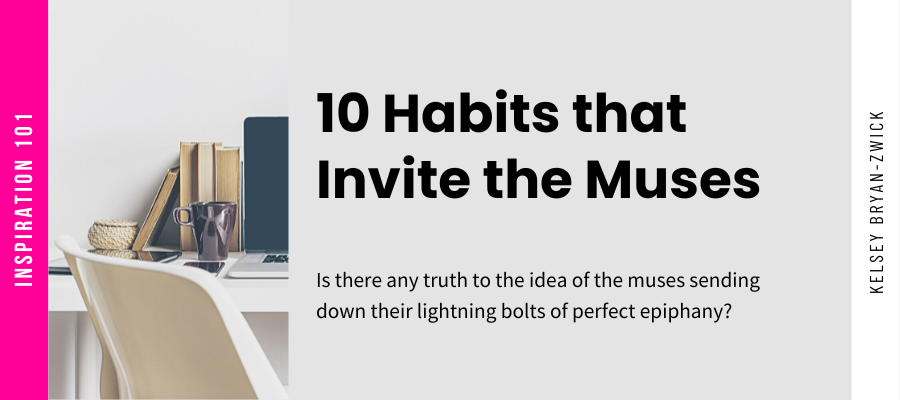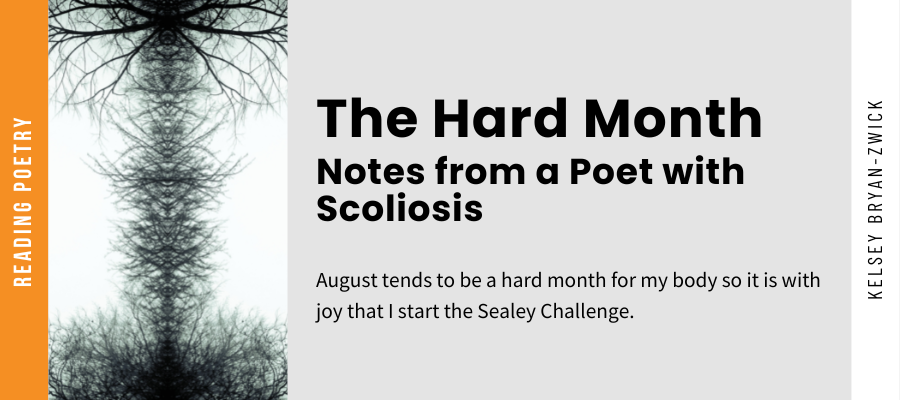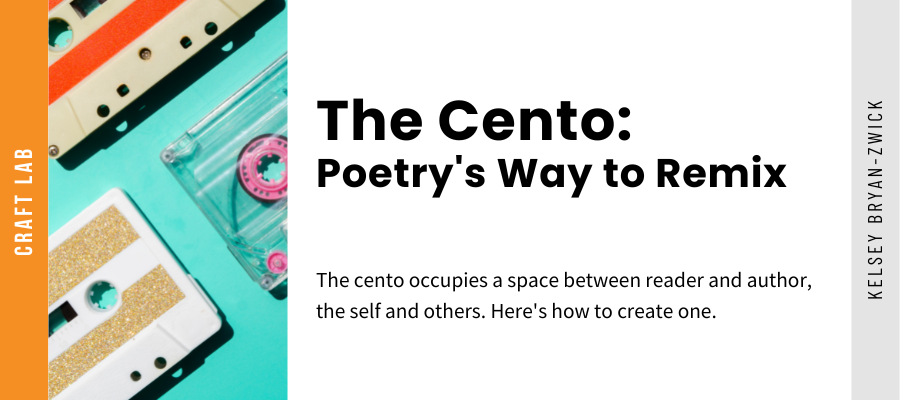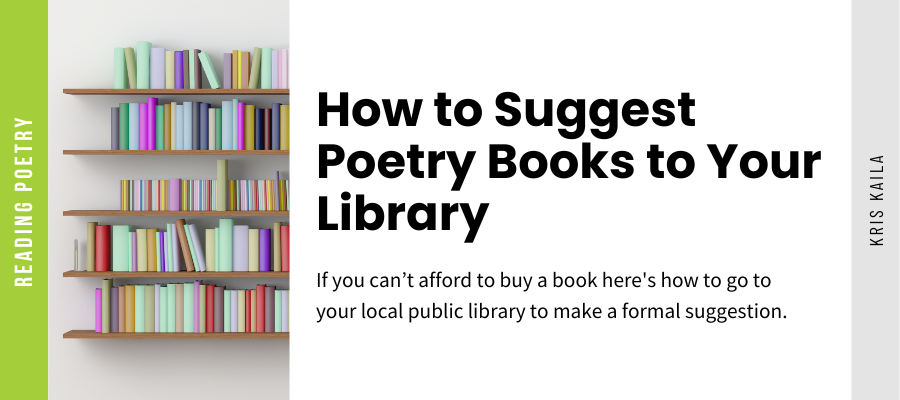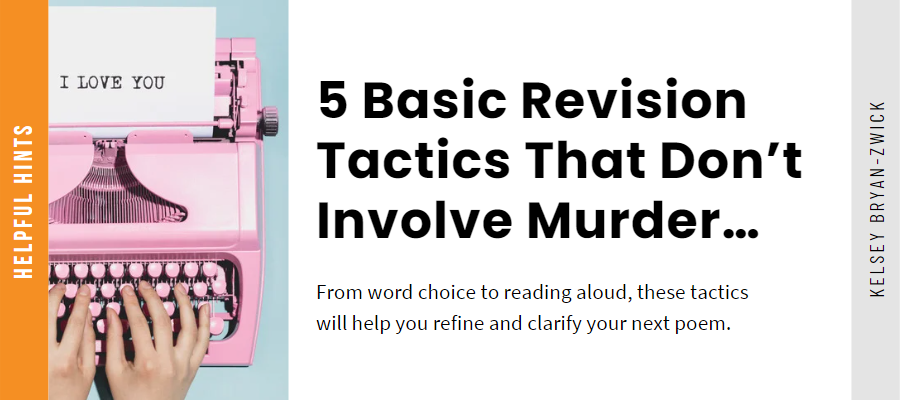10 AAPI Poets to Read This Year
It wasn’t until I was earning my B.A. in Literature (with an Emphasis in Creative Writing Poetry) that I began reading Asian American & Pacific Islander poets. Barbara Jane Rayes’s Poeta en San Francisco was my first introduction to this diaspora of writers, a book that continues to grow in my consciousness with its multi-lingual approach and cultural exploration.
Now as a self-guided learner, I know it’s important to center the voices and books that have been lacking in my early education in order to address this blind spot. Every year as I build my library and reading lists I make the effort to include AAPI writers whose work is often groundbreaking in tone and style. Here are some of my freshest recommendations, both recently read or at the top of my TBR stack.
CHEN CHEN
My favorite book of 2023 thus far and the most recent book to jump ship from my TBR stack is Chen Chen’s, Your Emergency Contact Has Experienced an Emergency. I mean allusions to Björk AND Pokémon? You won me, I am a fan for life. I both learned and felt—laughed and cried. I wanted to throw my arms around the speaker, the boyfriend, the mother, and the pet pug, and all the language between them in this full-throttled pandemic world. It is everything you can want from a poetry collection.
If we are to believe Chen Chen’s words, and I do, then we may take his list of images from this collection as a candid start to this listicle:
“Another list of five things I love: Magnolia trees. Men’s nipples. The sea (not swimming in it, just being by it). The night sky (looking up into it, feeling of it). Lists (lying about how they’re in no particular order).”
DIANA KHOI NGUYEN
With Ghost Of, Diana Khoi Nguyen holds the title for the book I’ve checked out most from the library in 2023. I am not the only one in Long Beach who is in awe of this book and the way Nguyen reimagines the ekphrastic practice, as I am in an active battle to re-check-out this collection. For anyone that has lost a sibling, like myself, this book holds space for this particular grief. The way Nguyen collaborates with personal artifacts and cultural traditions to invent something new demonstrates why poetry needs to keep adapting and why we need to keep reading it.
VICTORIA CHANG
Victoria Chang is one of those poets that knows how to rock a project book. She is able to focus on a specific mode and topic, unlike any poet I have yet to encounter. She is the poet whose books I have chased the most in 2023, from Obit, The Trees Witness Everything, and now Dear Memory I appear to be working backward through her collections. These collections delve into family loss and elder care, demonstrating both the luck and sorrow involved in loving. As I contend with my own life, I know she will soon be among the authors whose entire catalog I’ll read, love, and read again.
TRACI KATO-KIRIYAMA
traci kato-kiriyama, Navigating With(out) Instruments is groundbreaking in its scope. This book remains in my TBR stack as I am a transit reader (someone who likes to read in liminal space) and I started reading this book on the boat to Catalina Island. I am about halfway through and realized after a certain hiatus that I am saving the second half for the next time I am out in the harbor. The Harbor here you see was built up in WWII in fear of the Japanese, a fear which lead to the ‘internment camps’ of Japanese Americans in California. I really do believe books find you at the right time and place, that they are here to be on a journey with us, and this collection is all about the intricacies and layers of generational journeys. When I look out into my city, I know this is an important book for me, words that will inhabit me, and make me want to be more habitable myself.
Aimee Nezhukumatathil
When I first get a ‘poet crush’ I check out said ‘poetry-crush’ from the library when possible. Or I buy the most inexpensive copy of one of their books that I can find, which with Aimee Nezhukumatathil was At the Drive-in Volcano. What a title! I was quickly hooked. This collection is its own perfect world and only made me want to read more from this poet. This leads me to my next read by her: World of Wonders as it’s the book that made the world fall for her and in this, I trust the world.
NANCY LYNÉE WOO
Nancy Lynee Woo’s I’d Rather be Lightning is the most recently published book on my list. I am lucky enough to know Nancy personally as we met in the local creative community. She is a forcefield, pure and mighty magma, and a generous collaborator. Published this year by Gasher Press this is a book of eco-futurism, a concept I have learned about from her and am all for. I have been awed by Nancy’s live performances from this text, with language both delightful and cutting, it is my next in-person buy as I will be wanting a signed copy.
JULAYNE LEE
Julayne Lee’s Not My White Savior will likely destroy me in all the necessary ways. It is a book I know I will need a quiet bubble of extended time to read, like a long metro ride to Venice and back. When I try to just read one or two poems at a time, I have to put it down again as I know this is a collection I want to take in all at once. Julayne Lee is a poet who is easy to fall into conversation with, who one is happy to see across the table after a poetry reading over aps and drinks. I crave approachable poets and poetics, I view it as an accessibility thing, a readiness to forgo toxic gatekeeping, making Lee the kind of poet I know many of us wish to be.
Kay Ulanday Barrett
Kay Ulanday Barrett is one of my favorite poets to follow on Instagram (@brownroundboi) and their book More Than Organs is one I can hardly believe I haven’t already read. At the forefront of disabled/queer/Philippinx poetics Barrett subverts white-bread America on the daily. A poet I follow for both his written voice and his regular sexiness—that is he gets me excited to be all about aliveness and taking up space as ourselves, as we identify, as real, realness, in the real world. Barret continues to push in a world that would love to just, ‘get over,’ the pandemic, he insists on reminding us for so many of us with disabilities the world will never be the same.
Dorothy Chan
I got to hear Dorothy Chan read at The Southern California Poetry Festival where I couldn’t decide what I liked more, her sexy food poems or her foodie sex poems. Her poems about food might also be about sex and her poems about sex might also be about food. All I know is I want to read more of both, and at the same time if that is possible? That’s why her most recent collection Babe is also on my short list of 2023 must-read books. Advanced praise claims this book will make me drool, and I believe it.
Ellen Webre
From Moon Tide Press, the press I call home, Ellen Webre’s Burning Lake of Paper Suns is a gorgeous, sensual, and romantic world cover-to-cover. From Webre’s spoken lips I have often tasted pomegranates at readings. She is one of those contemporaries I have often leaned into, her voice resonating through the floorboards, through the mic. On my list to curl up and read this winter, I know these pages will pair well with a piping-hot cup of tea.
. . .
Even this short list is made up from a diverse group that runs the gambit of human experience. Ecology, love, sex, food, racism, queer life, ancestry, all fold into and out of these pages. Poetry helps me understand the world and the plethora of human experiences. To think that my reading experience was blind to AAPI voices until I reached my twenties is just terrible. It may take a bit of an effort to reshape this imbalance but when the correction involves reading poets like these, the practice becomes a just reward for myself and for the writers out there doing the work.
I am so grateful for these authors and their words—and to you, for being curious and ready to read.
BACK TO THE RESOURCE CENTER >
This article was posted on June 12, 2023. Written by:

